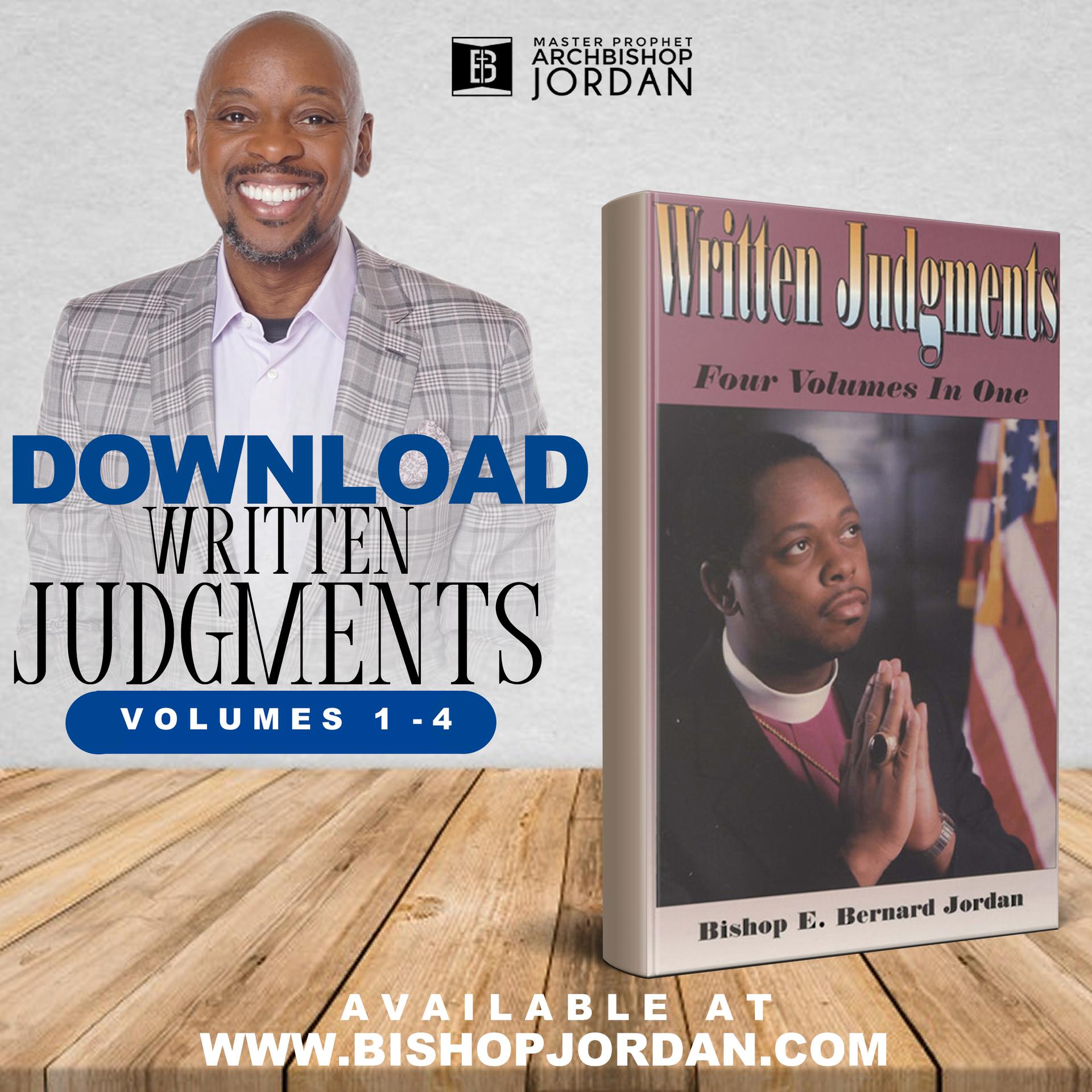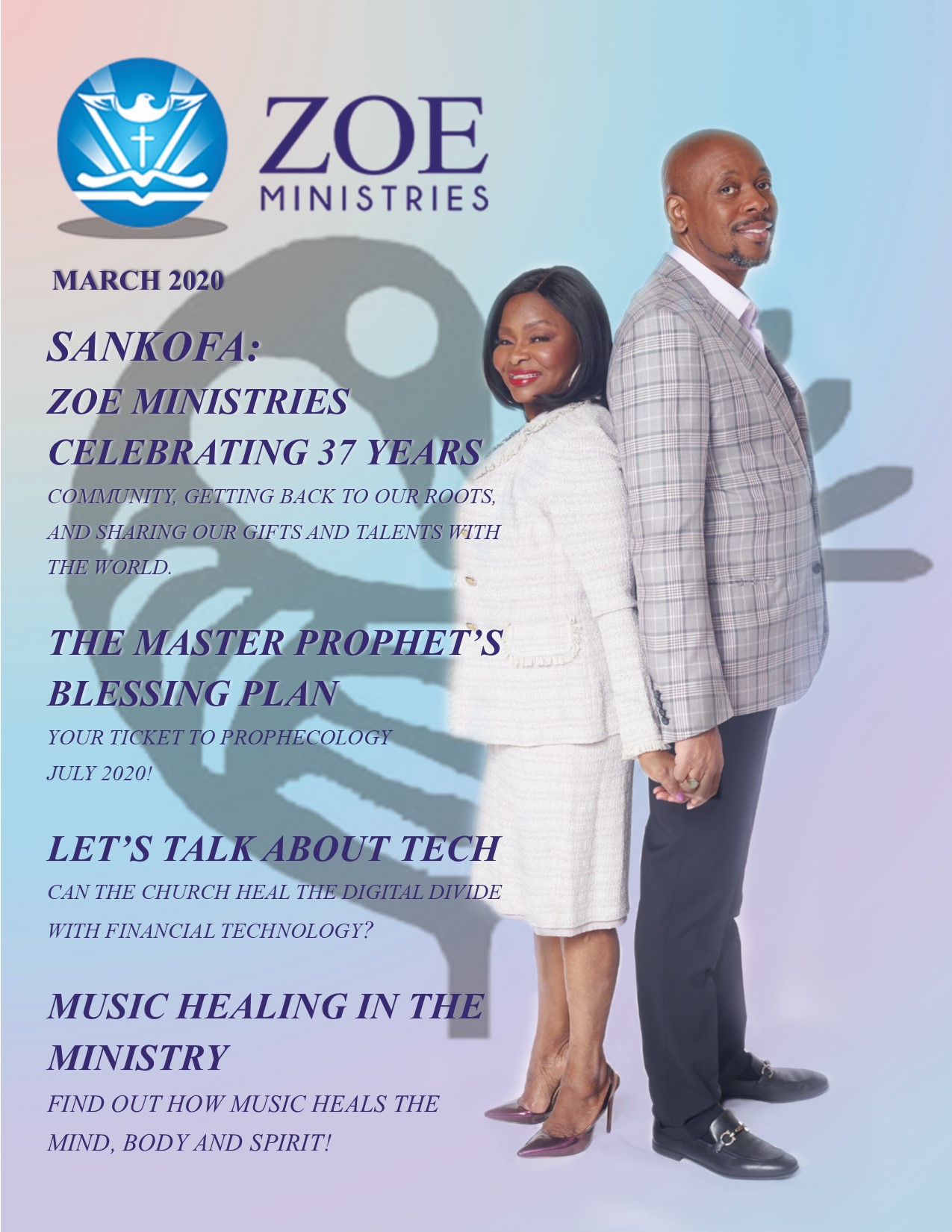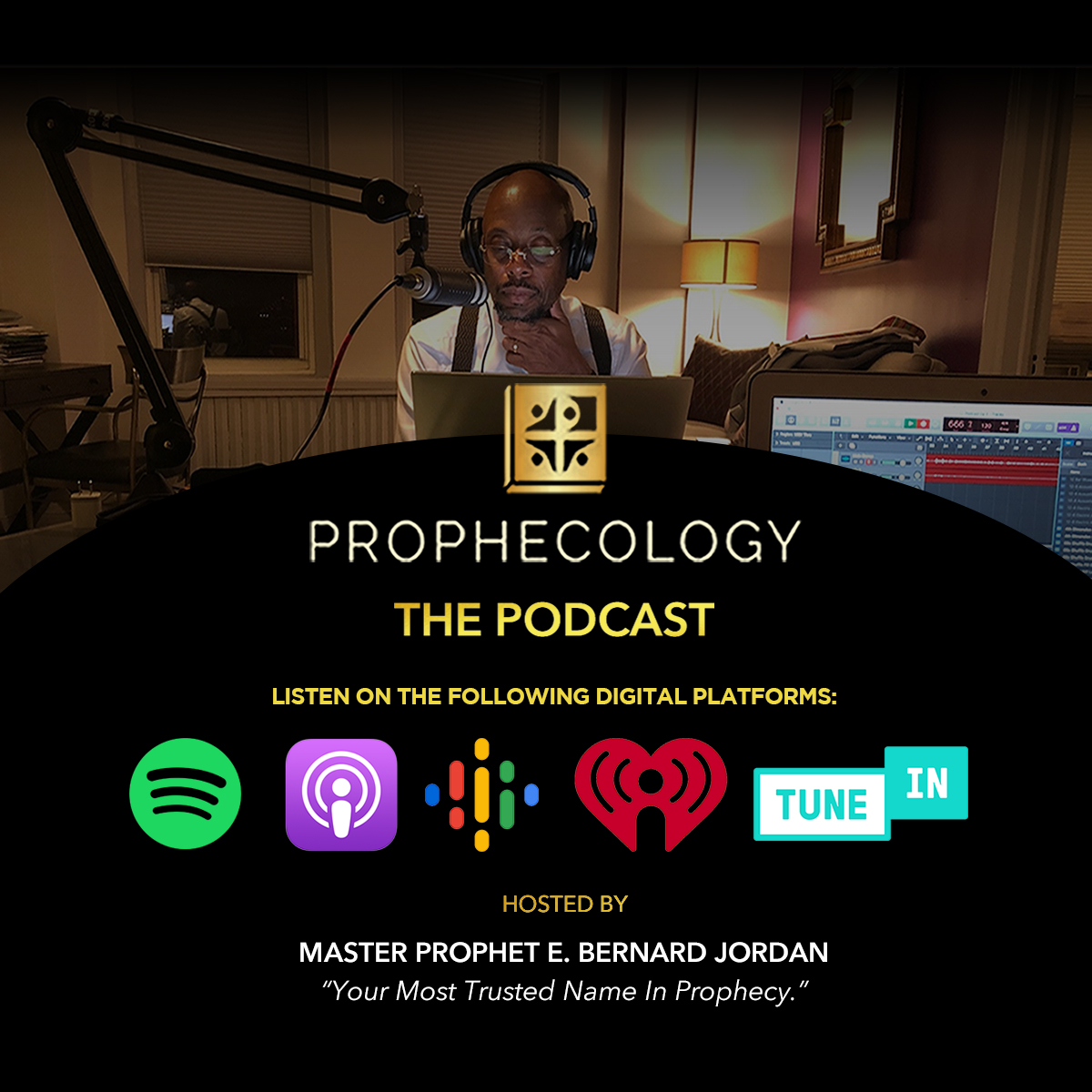THE PROPHETIC-MESSIANIC REFORMATION
December 27, 2017 2023-04-05 19:11THE PROPHETIC-MESSIANIC REFORMATION
THE PROPHETIC-MESSIANIC REFORMATION
The Gospel of Matthew makes countless allusions to Jesus as a prophet, echoing the literary form of the life and ministry of Moses. When Moses was an infant, Pharaoh performed a massive genocide of the Hebrew people. Only Moses was saved from the horrendous bloodshed. The Bible depicts Jesus in a similar scenario, with Herod, the ruler over Israel, conducting similar infanticide in Bethlehem. Only Jesus was saved (Ex. 1:22-2:10; Matt. 2:13-18).
Perhaps a bit flopped, but when Moses’ life was endangered due to inconvenient circumstances, he fled from Egypt to Israel and returned to Egypt after several years; likewise, when Jesus’s life was endangered, he traveled from Israel to Egypt, then back to Israel (Ex. 2:15; 7:6-7; Matt. 2:13-21). This contrast shows a particular theological element in Jesus’ ministry. Moses left a Gentile land and saved the Hebrews, while Jesus fled from Israel and saved the Gentiles, thus furthering the magnitude of Jesus’ prophetic ministry.
Furthermore, both Moses and Jesus ascended a mountain to convey God’s law of God to His people; Moses received the Decalogue and Jesus gave the Beatitudes (Ex. 19:3; Matt. 5:1). When atop a mountain, Moses fasted for 40 days and 40 nights while recording God’s law. Similarly, Jesus, while in the desert, fasted for 40 days and 40 nights while being tempted by the Devil (Ex. 34:28; Matt. 4:2). The Mosaic typology which finds its elegant antitype in the person and ministry of Jesus of Nazareth cannot be missed in Matthew’s gospel. The gospel highlights a particular harmony in both the prophetic and the intercessory nature of Christ’s ministry according to the Hebrew tradition.
Unfortunately, the Lord said, Jerusalem was “the city that kills the prophets and stones those who are sent to it,” (Matt. 23:37 NRSV). According to several traditions with varying authenticities, not all of the Old Testament prophets died very pleasant deaths. The Book of the Bee—a historical compilation of the deaths of the biblical prophets and written in the 13th century—records the lives of many biblical prophets as ending in pain and suffering at the hands of their fellow Hebrews. For example, Manasseh, King of Judah, is said to have murdered Isaiah with a wooden saw. Isaiah was then buried and concealed by Siloah. Amos is recorded to have been tortured and slain by the very priest of Bethel whom Amos himself had prophesied to. Habakkuk and Jeremiah are each said to have been stoned by the Jews in Jerusalem and Egypt, respectively. Ezekiel, Zechariah, and Joel are each recorded as meeting similar violent fates at the hands of their Hebrew brethren.
It is important, then, to recognize that religious reformers will naturally meet resistance and opposition as they embark on the ministry of religious reformation. Nobody enjoys being told that what he or she believes in and practices is wrong, or even worse, ungodly. Jesus understood this aspect of evangelization and religious reformation, saying, “If the world hates you, keep in mind that it hated me first,” (Jn. 15:18 NRSV).
Jesus himself was a religious reformer, which is not a surprise, as he turned the religious landscape of the first century on its head. He preached a doctrine and philosophy which was unheard of by people. Jesus’ appeal for his followers to adhere to the spirit of the Law rather than its letter impacts the religious world in more ways than it could possibly be expounded in one chapter; however, understanding the opposition which Jesus faced as a natural scenario in the life of a religious reformer is necessary.
Jesus is the ultimate reformer. He brought with Him a reformation of the priesthood and the Davidic hope in an eschatological temple. He reformed the Hebrews’ religion into the modern Christian movement known by the world today. When the construction of the Mosaic tabernacle was completed, “the cloud covered the tent of meeting, and the glory of the Lord filled the tabernacle” (Ex. 40:34 NRSV). When the tabernacle was destroyed, King Solomon ordered the construction of a second temple, “and when the priests came out of the holy place, a cloud filled the house of the Lord, so that the priests could not stand to minister because of the cloud; for the glory of the Lord filled the house of the Lord,” (I Kgs. 8:10-11 NRSV). Speaking prophetically, Solomon then declared, “I have built you an exalted house, a place for you to dwell in forever,” (v.13). The thing is, constructing an eternal temple of God is impossible if it were neither an eschatological nor spiritual house of God.
During the time of Pentecost, Solomon’s proclamation was fulfilled, where “suddenly from heaven there came a sound like the rush of a violent wind, and it filled the entire house where they were sitting,” (Acts 2:2 NRSV). The Pentecost depicts a similar imagery with that of the consumption of the Old Testament’s tabernacles by God. The imagery came in the form of a glorious cloud or wind; its significance is that such instances symbolize God’s presence and His recognition of religious validity. Furthermore, the language used by Bible writers seems to echo each other in each instances. This enables us to associate Jesus’s promise of a reform of worship which would be rooted in spirit and truth rather than geographical boundaries. “’Believe me,’” said Christ, “the hour is coming when you will worship the Father neither on this mountain nor in Jerusalem… the hour is coming, and is now here, when the true worshippers will worship the Father in spirit and truth, for the Father seeks such as these to worship him,” (Jn. 4:21, 23).
The reformation of the Jewish religion into the historical movement of Christianity is perhaps one of the most profound religious reformations that ever took place in the world. In reforming the Jewish religion, Jesus became its fulfillment, and by fulfilling it, He likewise became its personified reformation. Jesus is similar to King Josiah, who sought to bring his kingdom back into the will of God by calling his subjects to repentance and reformation especially those who claimed to be ministers of God. Apparently, Jesus is the New Josiah.
Allow yourself to be an empty space for God to move and to minister to other people. Be equipped and sign up for this FREE Course and experience the Power of Prophecy to open up your mind to what God is doing in your life right now!
How do you think Jesus is the new Josiah?







